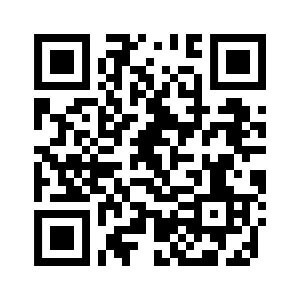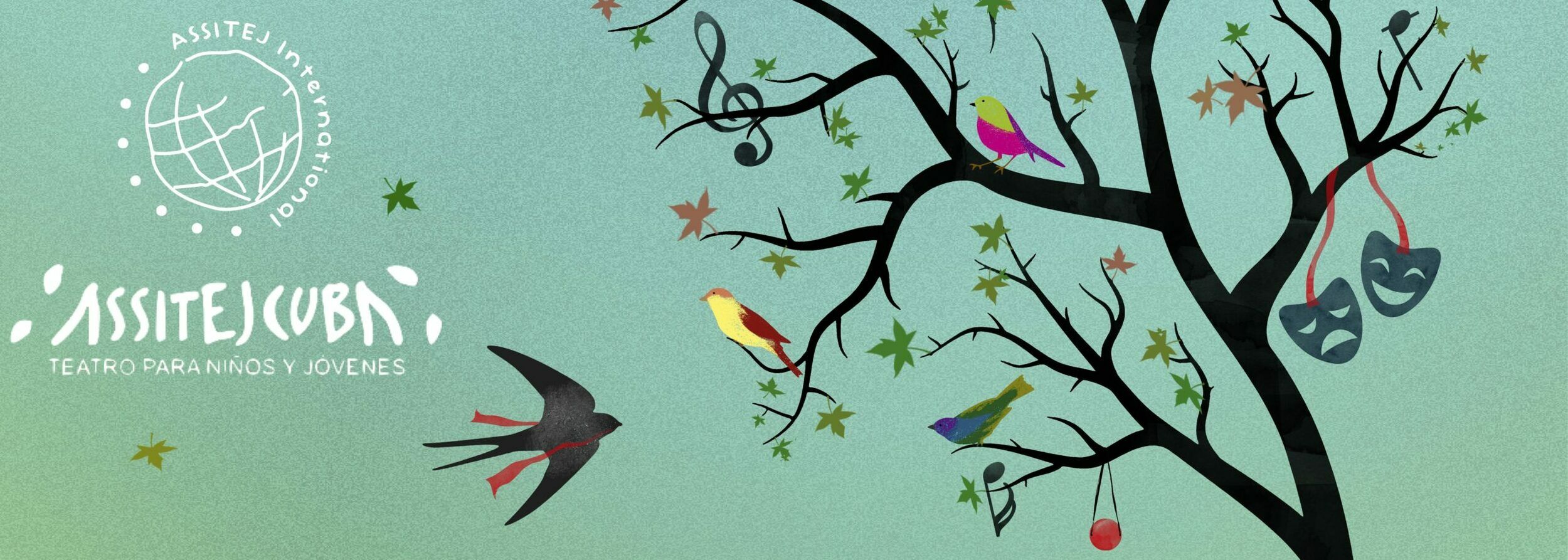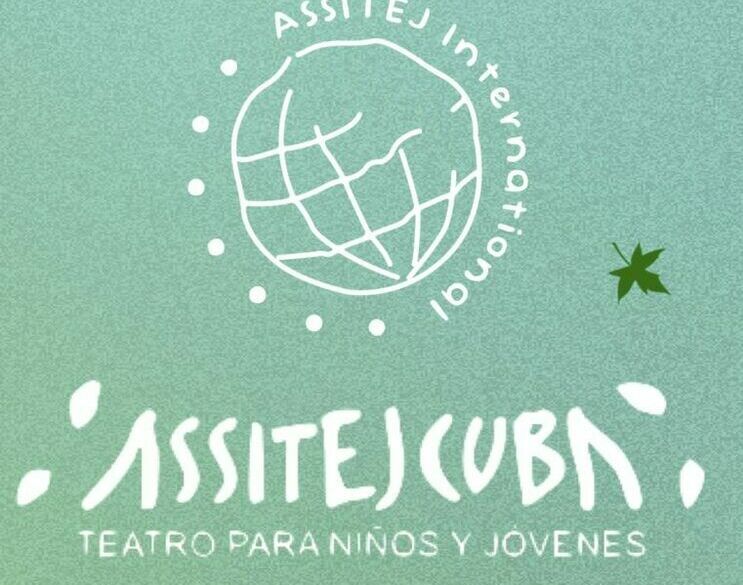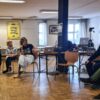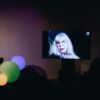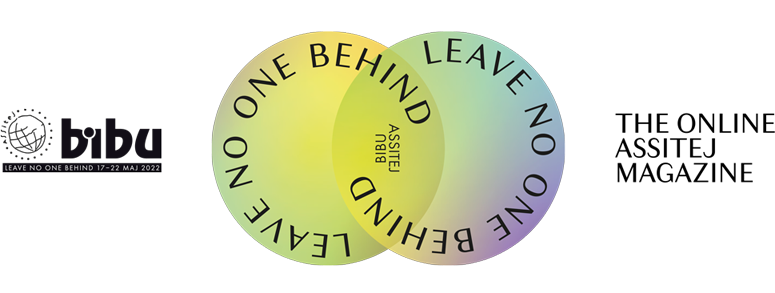(more specifically from the country most commonly known as Canada)
By Boomer Stacy
My name is Boomer and I use he/him/his pronouns. I was born in London, England, and spent early years with my family in a small mining town in Cornwall before emigrating to Canada in the late ‘60’s. My parents are biracial, my dad, British and mom was Sri Lankan (she passed away in February 2020). As the brown component in the mixed race equation, my mom faced extreme racism and oppression as being the only person of colour in a small rural village at that time. Choosing flight over fighting, our family attempted to move to Australia, where my mom had family connections, but were denied entry because they were mixed race. Canada was Plan B – my dad had work opportunities and Canada was tolerant of new immigrants.
I share this with you as a means to an introduction to the topic of current inclusion, diversity, equity, and accessibility (IDEA) in North America. I struggle with being even a small voice as representative of even a fraction of the current social justice movement and progression of IDEA dialogue in an entire continent and so I start where I am able – with me and my story and how I feel I fit into the IDEA dialogue.
To continue, in this moment, I’ve come to consider myself as a reluctant settler. I came here willingly (without choice really as a wee bairn), non-violently and have grown up here as a “landed immigrant”, passed the citizenship test, swore allegiance to the Queen I left and a god I don’t believe in and joined the “great mosaic of Canadians”.
I identify as a person of colour and carry most of the baggage that comes with that, as well as recognizing the tremendous privilege that I hold (male, cis-gendered, able bodied, heterosexual, educated, working, middle class, homeowner, English speaking, etc.) while also continuing to deal with racism, oppression and many barriers of my own throughout my life. I remember my mom telling me that my grade 5 peers were not very smart if they thought I was a “Paki” – we were Sri Lankan, not Pakistani. It wasn’t quite what I was looking for but was enrolled in judo as a means to protect myself. I hated being a brown kid and I’m still unpacking what it means to be brown to me now. Judo was the end of our family discussion on the subject at that time so my concept of being brown and my connection to my heritage didn’t progress much beyond that point for many years.
Fast forward many decades and being a good arts administrator I really should do what I would normally have started with and acknowledge the land I reside on. Yes, still Canada, but again more specifically and accurately, I live, work and play on the traditional and unceded (stolen) lands of the Anishinabek, the Huron-Wendat and Algonquin peoples. I pay my respects to the original caretakers of the land, past, present and future. I thank them for their care for these lakes and forests that I cherish so much while I try to reconcile how I can “own land” that was stolen from them, to someone else’s financial gain.
If you have been on a zoom call lately with anyone in Canada, New Zealand or Australia, and increasingly so in the US, you would most likely have heard something similar to this. I think I first experienced this practice in attending a festival in Australia about 20 years ago. It’s taken awhile but we’re getting better at recognizing the indigenous peoples of our land here too.
In some versions of this acknowledgement, I would further acknowledge that we have all come to be here on someone else’s land by different means and measure – some willingly in search of fame and fortune and with the privilege of choice; some in chains in the lower decks of slave ships; some fleeing tyranny, war or oppression for being “other”; and many others still, descendants from all of the above. And here we all are, on stolen land, with our own baggage in hand, our own stories, trying to understand what it means to be different or diverse; how to exist in this place; how to share our own stories as well as hear and respect the stories of others.
So much still to talk about and so little time or space to say it – de-colonizing artistic practice, dismantling systemic oppression, disrupting white supremacy; fuck, how are we ever going to get through all of this here…
I think what I’m trying to say is I’m trying to reconcile how I came to be in this place and all the implications of what it means for me to be here. By sharing a land acknowledgement, I’m confronted with who I am and how I got here and a tiny piece of how those things affect someone else. And the more I understand my story and my impact, the better I am equipped to reconcile and to take action and to make positive change. And while this is a generalization and a simplification of my story, it’s a version of what is going on in North America at the moment. Individually we are speaking our truths and at the same time, listening and hearing what truths others have to share.
We are coming to terms with who we are, how we got here, who we are affecting and who we have mistreated and oppressed for generations, how we continue to support deeply entrenched systemic racism, and just possibly how we break that cycle. We are figuring out – individually, organizationally, sectorally, societally – how to make amends, how to reconcile and how to move forward. We’re all on different places on that journey and we are seeing a groundswell of movement towards positive change.
Being on different places on that pathway is part of our challenge – it can be crushing to work for an organization that doesn’t share your values or ignores your rallying cry for change (or even worse if it’s someone in your close family that doesn’t get it); it’s sometimes overwhelming to figure out where to start when there seems to be so much to overcome; and sometimes it’s easiest to ride the wave and feel like you’re doing something by sharing a hashtag or clever meme. We each have to decide where we take a stand; where we actually take meaningful action
This is how I would start to sum up how I see where we’re at here in North America. We’re on a journey but we have a ways to go yet. And that journey starts with each of us. I think I’m over my prescribed word count but there’s still one thing we have to do – we need to take action for this to mean anything.
My action today towards making positive change is to share this link to a Google Doc. I invite your action to be to click on it and to participate in adding a resource, a book, an idea, a best practice that helps to unpack and make positive change in anti-racism/anti-oppression or inclusion, diversity, equity, and accessibility. The Doc will also be where you can get a better idea of the action that is happening in North America right now as well as around the world. You can also follow some of the hyper-links above to find other people’s perspectives on some of the topics that we started to scratch the surface on.
Thanks for taking action with me. And next time we meet live and in person, I hope to really see you, share a hug, sit down for a beer and to hear your story too…
About the Author
Boomer Stacey is IPAY’s founding Executive Director and has a wide range of experiences in international performing arts for youth. Boomer is of mixed heritage, with traces to Sri Lanka, Nederlands, Cornwall, and Northern England – with nomadic tendencies.
